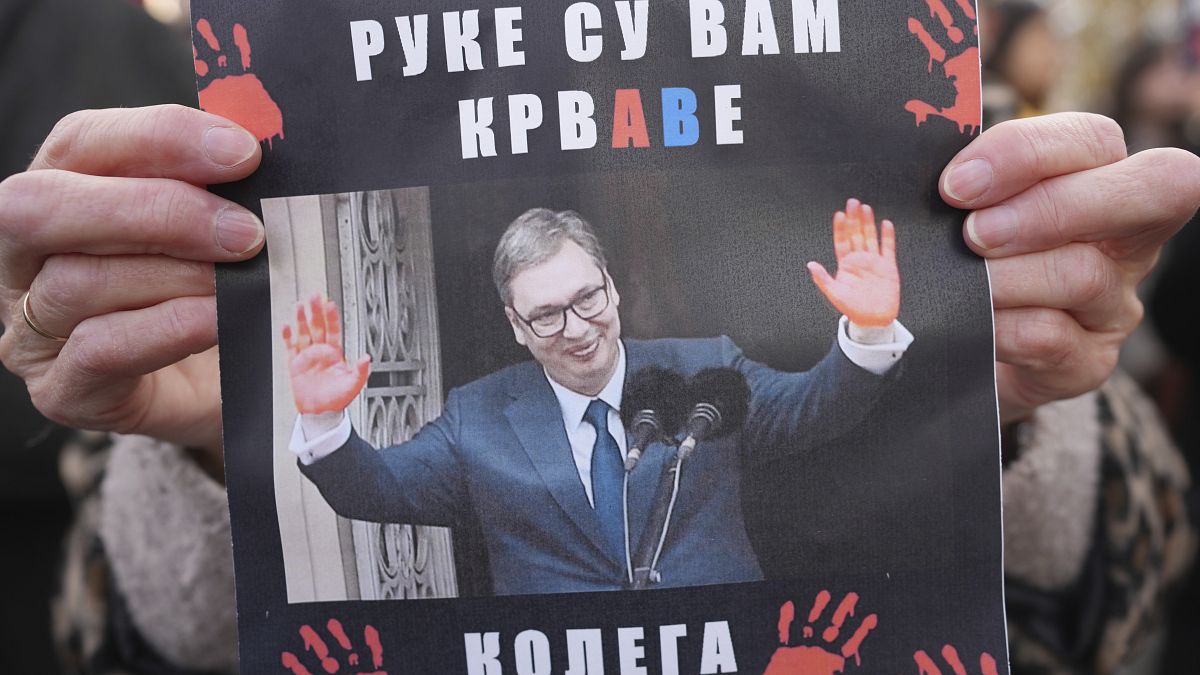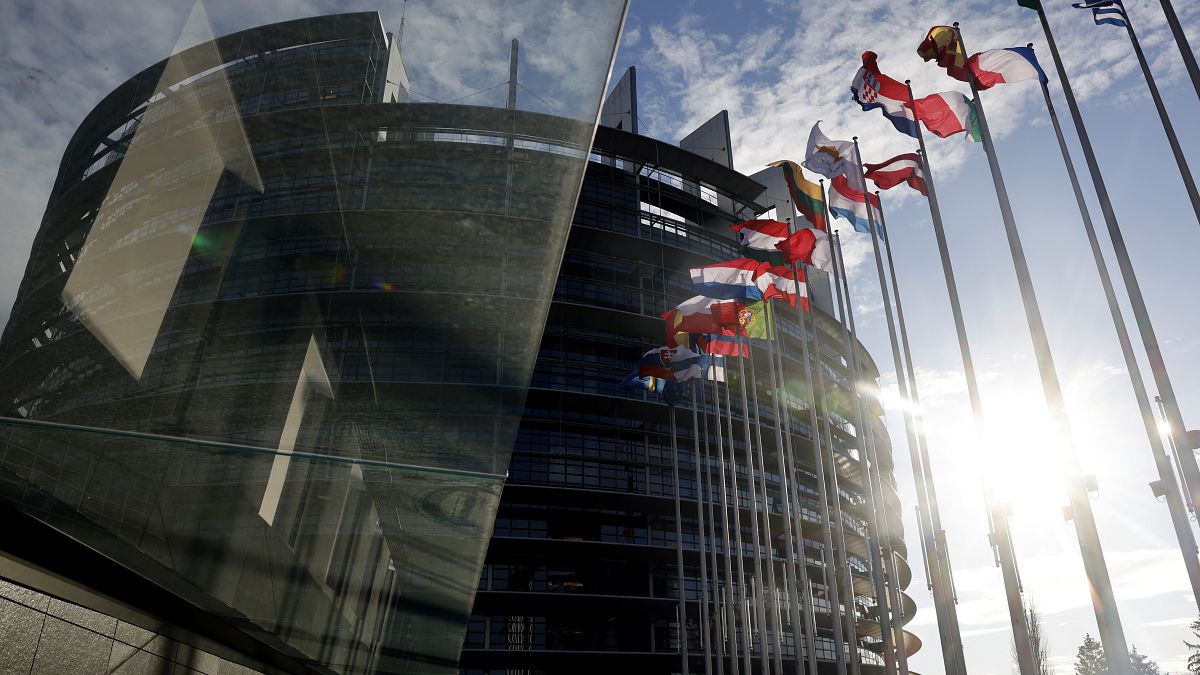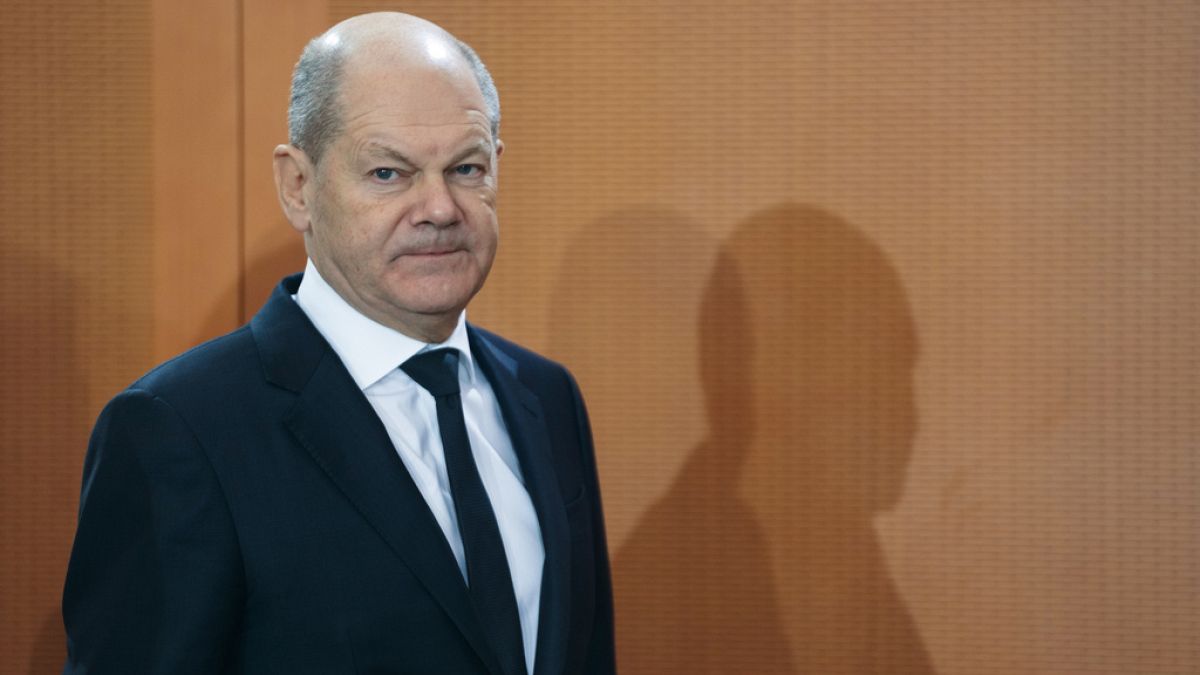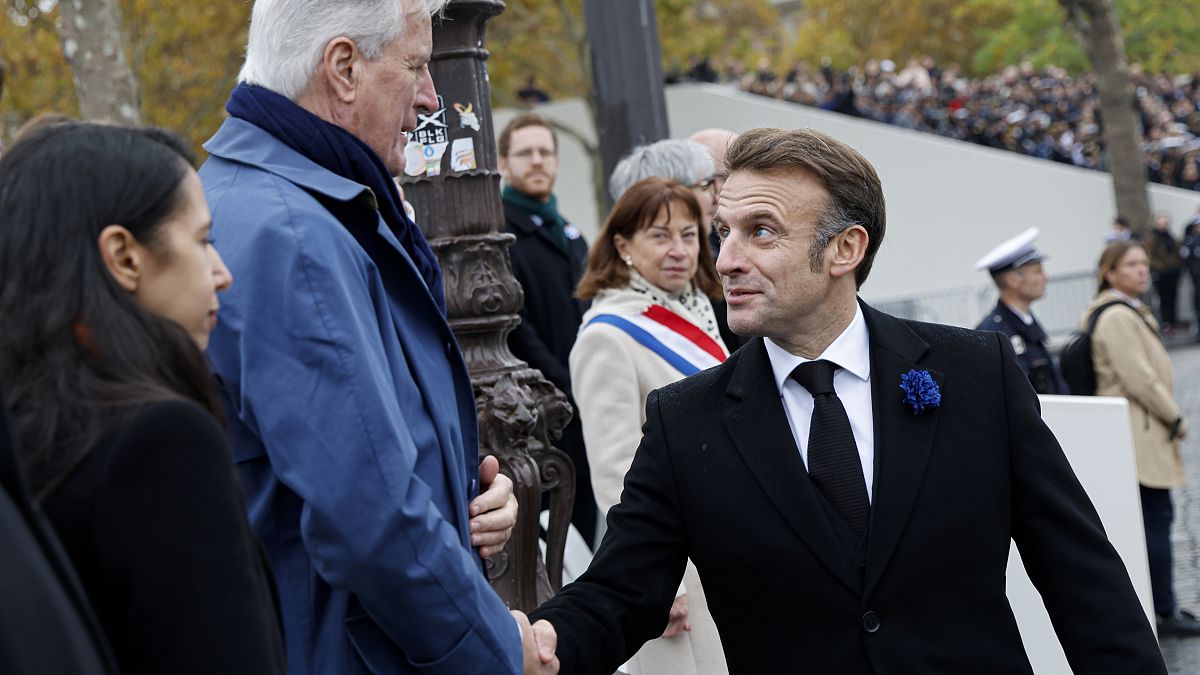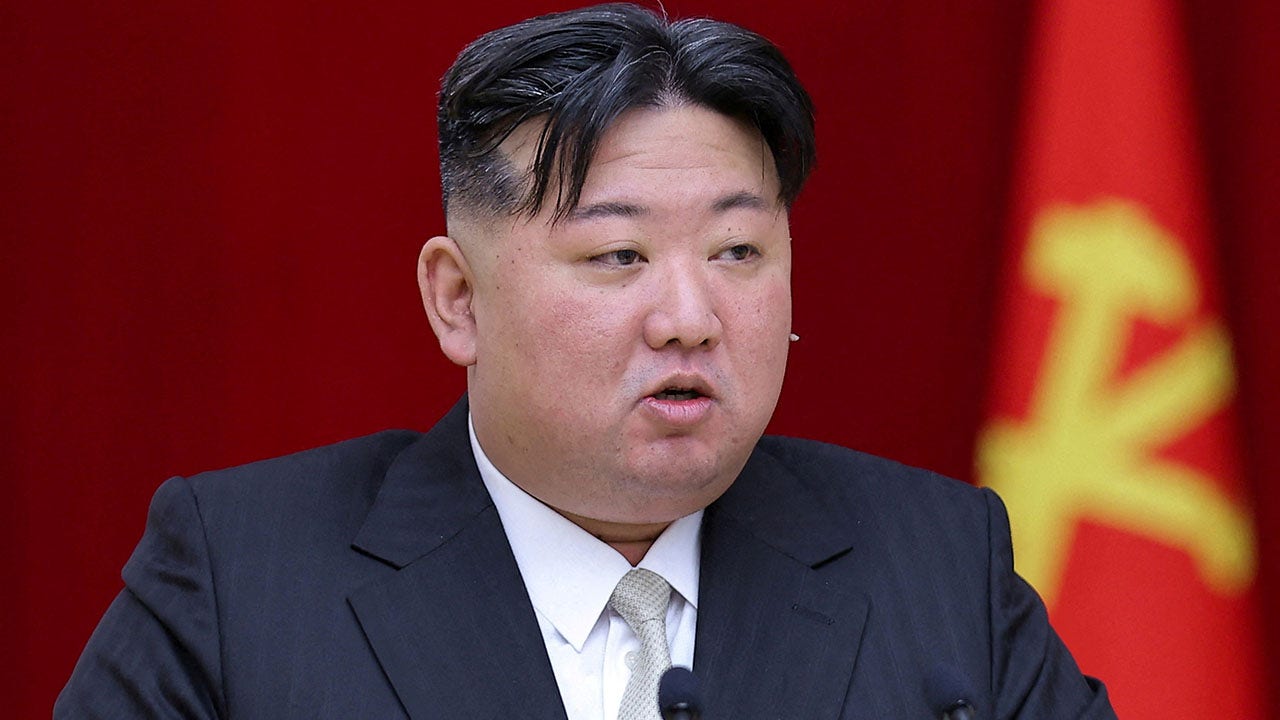Just-published research details EU lawmakers who take money from farmers’ lobbies and the car sector — while being active in the same areas of policy.
Around 30% of the European Parliament’s 720 lawmakers collectively earn a side income of over €6.3 million per year, in addition to their MEP salary, according to research published on Thursday.
The findings from Transparency International EU show MEPs working for farm lobby groups, in automotive consultancy and for major financial companies – blurring the lines between public and private interests.
Topping the list is Gheorghe Piperea (Romania/European Conservatives and Reformists), who rakes in an estimated €657,000 per year in outside income – chiefly from the law firm he founded.
He’s followed in the rankings by French doctor Laurent Castillo and Italy’s Roberto Vannacci, whose 2023 political book Il Mondo Al Contrario proved a surprise, and apparently lucrative, success.
Those extra payments come on top of the benefits enjoyed by all MEPs: a core salary of €124,000, expenditure allowance of €59,400 and attendance allowance typically worth €52,800.
MEPs are permitted to have outside jobs – but they must publicly declare them, under rules that were strengthened in the wake of the alleged lobbying scandal known as Qatargate.
Yet Transparency International isn’t worried so much about the quantum of MEPs’ earnings, as the potential to interfere with dayjobs.
“MEPs don’t have the right to take on paid lobbying activities” under internal Parliament regulations, Raphaël Kergueno, senior policy officer at the organisation, told Euronews.
But, he added, the fuzziness of that rule means “it’s left to the discretion of each politician to say whether or not there’s a conflict of interest.”
His research details cases like Stefan Köhler (Germany/European People’s Party) and Christine Singer (Germany/Renew), who each earn thousands per month from the Bavarian Farmers’ Association, which represents regional agriculture and forestry interests – while they also sit on the Parliament’s agriculture and environment committees.
Filip Turek (Czechia/Patriots) declares earnings of €10,000 a month as a freelance consultant in the automotive industry – a sector which he also talks a lot about in his work as MEP, having intervened on the issue during a recent Parliament plenary session.
Some MEPs say its important to keep ties to the real world.
“It’s indispensable to keep a link on the ground, to not be a disconnected representative,” Castillo told Euronews in an emailed statement.
There’s no clash between fighting for better health policy at the Parliament, and his lifelong ambition to care for others as a doctor, he said.
Monika Hohlmeier (Germany/EPP), who earns around €75,000 per year for her work for multinational agriculture and energy company BayWa, has previously argued similarly, telling Euronews that MEPs should “not only be active in the political ivory tower”, but engage in business and society.
Others argue there’s no conflict with their day-to-day duties.
Charles Goerens (Luxembourg/Renew Europe) earns €43,000 as an independent administrator at Foyer Finance, which owns stakes in investment and insurance companies, but notes that he sits on parliamentary committees dealing with agriculture and constitutional affairs, rather than regulation of the financial sector.
“There’s not the slightest interference” with his MEP role, Goerens told Euronews, “otherwise I would have discontinued my activity.”
Kergueno isn’t always convinced by this kind of explanation – noting that an MEP can submit questions on a given topic, or seek to influence their colleagues, even if they aren’t directly involved with the work of the relevant committee.
He’d certainly like to see a rulebook with more teeth.
“Declarations need to be proactively verified by the European Parliament, or even better by an external body … there also needs to be sanctions applied for breaches of the code of conduct,” he said.
This isn’t the first time Transparency International has compiled its list.
Last time round in May, Lithuanian MEP Viktor Uspaskich topped the ranking, declaring annual earnings of €3 million from a company with significant Russian commercial property interests.
Uspaskich is no longer an MEP following June elections, and in August was revealed as the target of a criminal probe into fraudulent payments worth over €500,000, allegations which he has told local media are “unfounded”.
Piperea, Köhler, Singer and Turek did not respond to a request for comment.
Read the full article here



